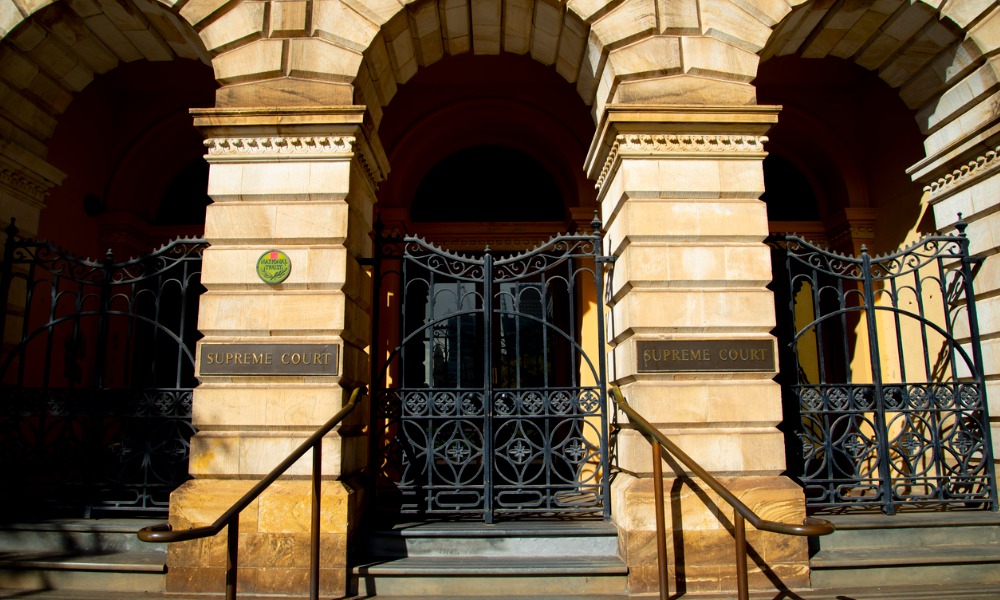
No distinct interests requiring separate legal representation for the company from its directors

The Supreme Court of South Australia dismissed a company's request to vary a freezing order and denied additional funds for legal expenses, finding no distinct interests or conflicts necessitating separate legal representation from its directors.
Millenium Electronics International Pty Ltd (MEI) asked the court to vary a freezing order. The request sought permission to incur up to $60,000 in legal fees beyond the previously allowed $20,000.
Millenium Electronics Pty Ltd (ME), now in liquidation, originally operated a business designing and manufacturing electronic controls. ME entered into various transactions, including an asset purchase agreement (APA) and share transfers, which ultimately led to ME's liquidation. The directors of ME at the time, who are also directors of MEI, are involved in this action.
MEI allegedly acquired ME's assets and liabilities through the APA. The liquidator and ME are seeking orders under the Corporations Act 2001 to declare the APA void and unenforceable and return ME’s assets to MEI. MEI and its directors denied these claims and argued that the APA was legitimate.
MEI argued that without the requested funds, it could not defend itself adequately in court or pursue its counterclaims. The company contended that its defence is distinct from the personal defences of its directors and thus requires separate legal representation.
However, the liquidator and ME opposed the application, arguing that there was no need for additional funds and that MEI's interests could be adequately represented by the existing defences of its directors. They maintained that MEI had not demonstrated any significant conflict of interest that would necessitate separate legal representation.
The Supreme Court found that MEI had not identified any interests in the case that were distinct from those of its sole shareholder, ME. The defences filed by MEI and its directors were aligned, all denying the claims of the liquidator and ME. The court noted that MEI had not provided sufficient detail to substantiate the alleged conflict of interest between itself and its directors.
The court emphasized that allowing MEI to incur additional legal expenses would be unnecessary and waste funds that ultimately belong to ME. It concluded that MEI could adopt a bystander stance and abide by the court's decision without actively participating in the defence.
Ultimately, the Supreme Court dismissed MEI's application to vary the freezing order, preventing the release of further funds for legal expenses.